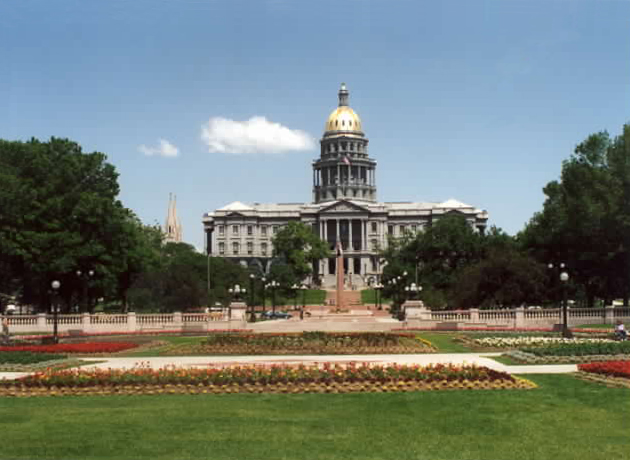
As the general election draws closer there are two major ballot measures coming up this November that will affect the personal finances of most Colorado residents. One is Proposition 116, which would reduce Colorado’s flat income tax from 4.63 percent to 4.55 percent.
Prop. 116, if approved in November, will allow individuals, families, and thousands of small businesses across Colorado keep more of their hard-earned income, at a time when it is most needed for many. Opponents of this tax cut, which include leading Colorado Democrats, argue that the income this measure would allow taxpayers to keep would be better spent by state government.
Another 2020 ballot measure that will affect Colorado taxpayers is Proposition 117, which would subject future fee increases to the same voter approval that tax hikes are subjected to in accordance with the state’s Taxpayer’s Bill of Rights (TABOR). Under TABOR in Colorado, an increase in taxes must be approved by voters through a ballot measure. Colorado politicians have long used fee increases as a way to circumvent TABOR in an effort to grow the size of government.
In 2019, the Colorado Supreme Court ruled that business fees were not considered taxes and therefor outside the purview of TABOR. Proposition 117 looks to close this loophole by requiring voter approval on any fee increase that raise more than $100 million in revenue during the first 5 years.
Propositions 116 and 117 are not the only tax and fee-related ballot measure that Colorado voters will decide upon this fall. There are also measures on the Colorado ballot to raise residential property taxes by repealing the Gallagher Amendment, along with a measure that seeks to impose a massive tax hike on tobacco, e-cigarettes, and vaping products. The outcome of all these measures will provide an up-to-date indicator on views on taxes in a consequential purple state trending blue.

